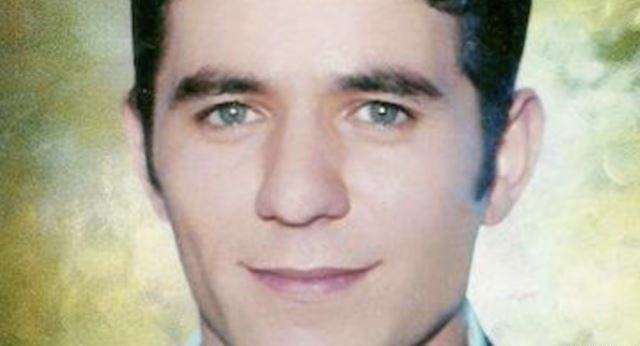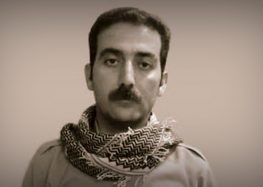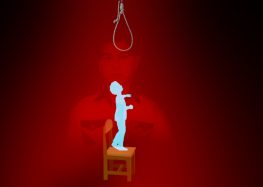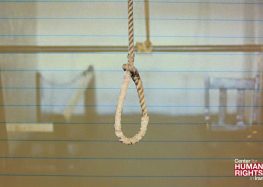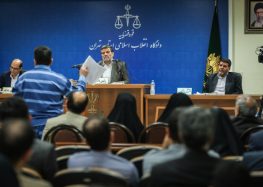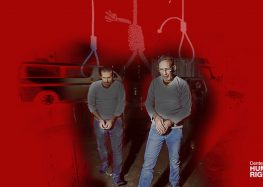Kurdish Prisoner Executed despite Pending Supreme Court Appeal
Brother Says Confession was Elicited under Torture
The Iranian Kurdish political prisoner Behrouz Alkhani was executed in Orumiyeh Prison’s courtyard on August 26, 2015, without a final decision on his appeal from the Supreme Court, his brother told the International Campaign for Human Rights in Iran.
Mansour Alkhani, who is currently in Turkey, added that prison authorities were refusing to hand over his brother’s body and told the family not to hold public memorial services for him. “I believe they don’t want us to see the signs of torture on his body,” he said.
Behrouz Alkhani, born in 1985 in Salmas, West Azerbaijan Province, was sentenced to death on charges of contact with the Pejak armed Kurdish group, possession of a weapon, and taking part in the assassination of the state prosecutor in the Iranian city of Khoi.
During his six years in prison, Alkhani was severely tortured in order to confess to the charges, but he consistently denied any involvement in the killing of the prosecutor.
The Supreme Court initially rejected his death sentence and sent his case back to a Branch 10 of the Appeals Court for review. The lower court ruled again for execution. The family appealed the decision again, but the Supreme Court had not issued its ruling at the time Behrouz Alkhani was executed.
“My father told the prison officials that the Supreme Court has not issued its decision yet and they cannot execute Behrouz. But the prison officials said they don’t care about the Supreme Court’s decision and will carry out the execution,” Mansour Alkhani told the Campaign. He added that his father tried to stop the execution by contacting his lawyer, the prosecutor’s office in Orumiyeh, and the Revolutionary Court in Tehran, but to no avail.
The day before his execution, the prisoner was allowed to see his family. “My brother said, ‘Why are you upset? Being executed is better than torture and prison. Don’t be upset because I’ll be in peace,” Mansour Alkhani said.
Behrouz Alkhani was among 28 Kurdish men on death row investigated in 2012 by the Campaign. The investigation revealed that in many of those cases, due process had not been observed: suspects had no access to lawyers, and their statements had been ignored. In some of the cases, the suspects stated they were physically abused and tortured during the interrogations. The Campaign called on the Iranian Judiciary to launch an independent investigation and urged a review of the sentences.
Four other prisoners were executed along with Behrouz Alkhani on August 26, 2015, in Orumiyeh in connection with drug offenses. The majority of executions in Iran are handed down for drug-related crimes, in violation of international standards that permit capital punishment to be applied only in the cases of the “most serious” crimes, for which drug offenses do not qualify. Their bodies were handed to their families, according to Mansour Alkhani.

